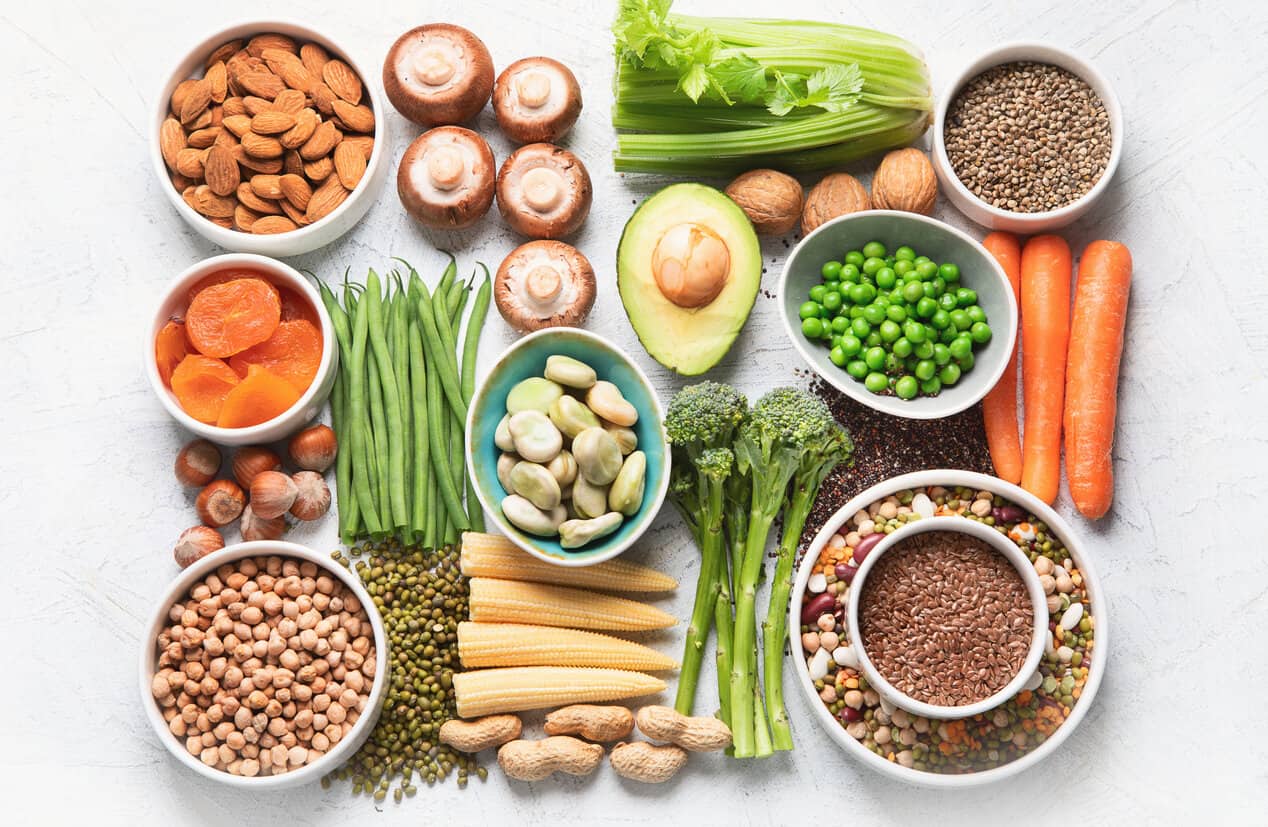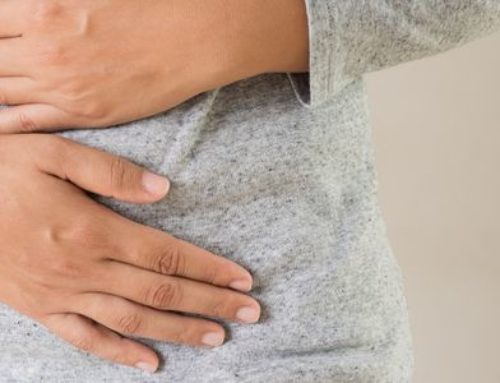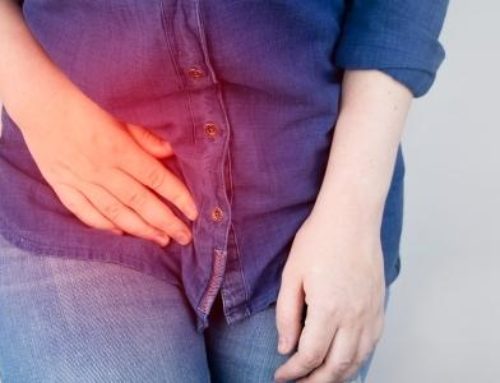
Gut health is currently one of the most interesting and unexplored areas of nutrition. In the past few years, we have seen a huge peak in interest in gut health and every second influencer is spruiking a new product or supplement.
While we are only just scraping the surface of knowledge, it’s becoming clear that your gut plays a pivotal role in overall health and wellbeing. It’s been linked to a range of health indicators such as mood and mental wellbeing, weight management and the immune system.
The term second brain has been coined from the research highlighting how extensive and important the GI tract is for our mental health as well.
The fundamentals of gut health:
1. Fibre
Fibre is the part of food that isn’t completely broken down and can’t be absorbed by the walls of the gut and therefore passes through you. Where we get our fibre from and how much we consume is important. Australians generally don’t consume enough fibre, however you can also have too much. Aiming for 30g of fibre per day is a great place to start.
Soluble vs. Insoluble Fibre
It’s sometimes tricky to remember which one is which. I like to think of what would happen to a sachet of instant oats vs. a cob of corn if they were placed in water. After a couple of hours, the oats would puff up and soften from absorbing the water while the corn kernels would stay pretty well intact. Soluble fibre, although not digested turns soft and mushy, absorbing water. While insoluble fibre will stay more intact and add bulk to your stool. Although they act slightly different in the digestive tract, both types of fibre are important for gut health.
2. Fluid
Over half of our body is made up of water, so staying well hydrated is super important. Fluid is also the perfect complement to fibre. It’s clear in the analogy above that without fluids, fibre wouldn’t be delivering all its health benefits in your gut.
There needs to be adequate water to keep food matter moving smoothly through the gastrointestinal track. The amount of fluid required differs greatly from person to person. You can usually gauge how hydrated you are from the colour of your urine. If you’re feeling thirsty or perhaps have a headache, you’re already dehydrated. Getting a nice balanced intake of fluid and fibre will keep things moving along happily and improve overall gut health.
3. Movement
Just moving your body around helps keep things inside moving too! There is nothing nice about feeling a bit backed up, so if you feel like you are nailing the fluid fibre balance, increasing your daily physical activity is the next best step. Going for a walk or participating in any kind of exercise that stimulates your abdominal muscles is an easy way to encourage the flow of food through your digestive system.
All about the microbiota
1. Gut bacteria
Gut microorganisms or bacteria are technically not human cells. They are ‘independent’ organisms that we need to keep digestive processes going. They have a huge range of functions that are beneficial to us and we refer to these as good bacteria because of their role in harvesting energy from the foods we eat, protecting against pathogens and supporting immunity. When we are born, we have a very limited, almost non-existent microbiota. That is partially the reason why newborns are vulnerable to pathogens and why their diets are so limited for a significant part of their early lives. They are yet to possess the bacteria to digest more complicated foods.
2. Probiotics
Probiotics are fermented foods and supplements that contain live cultures of beneficial bacteria. Regularly consuming probiotics is one way to help populate your gastrointestinal tract with particular bacteria species that have been shown to promote health in the gut. Whole foods such as tempeh, kefir and some yogurts can be a great way of consuming probiotics in through your diet.
3. Prebiotics
Prebiotics are a type of fibre that is ‘food’ for the bacteria living in your gut. Consuming prebiotics is another method of supporting healthy gut bacteria, because it’s ensuring that the colonies of organisms living in your gut get fed.



